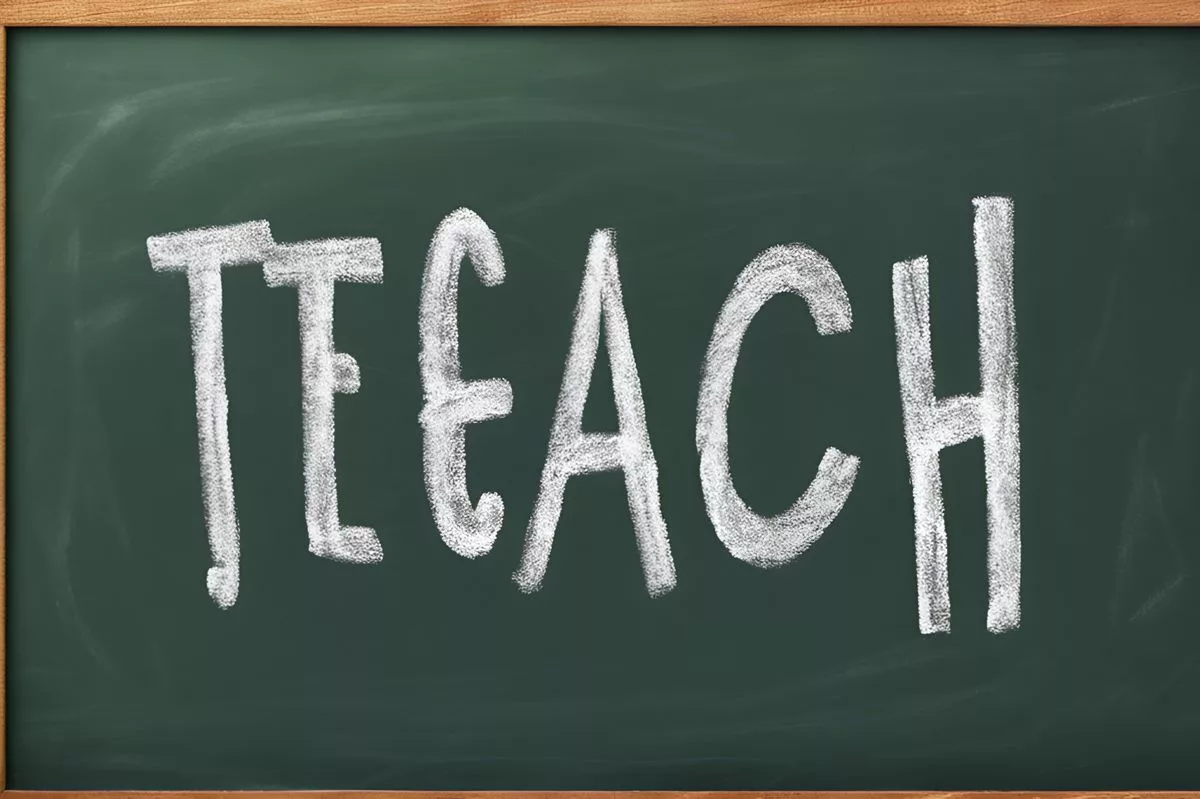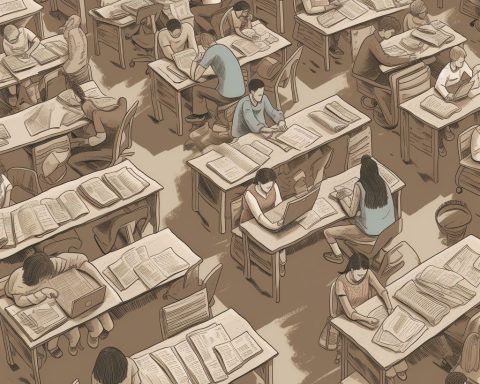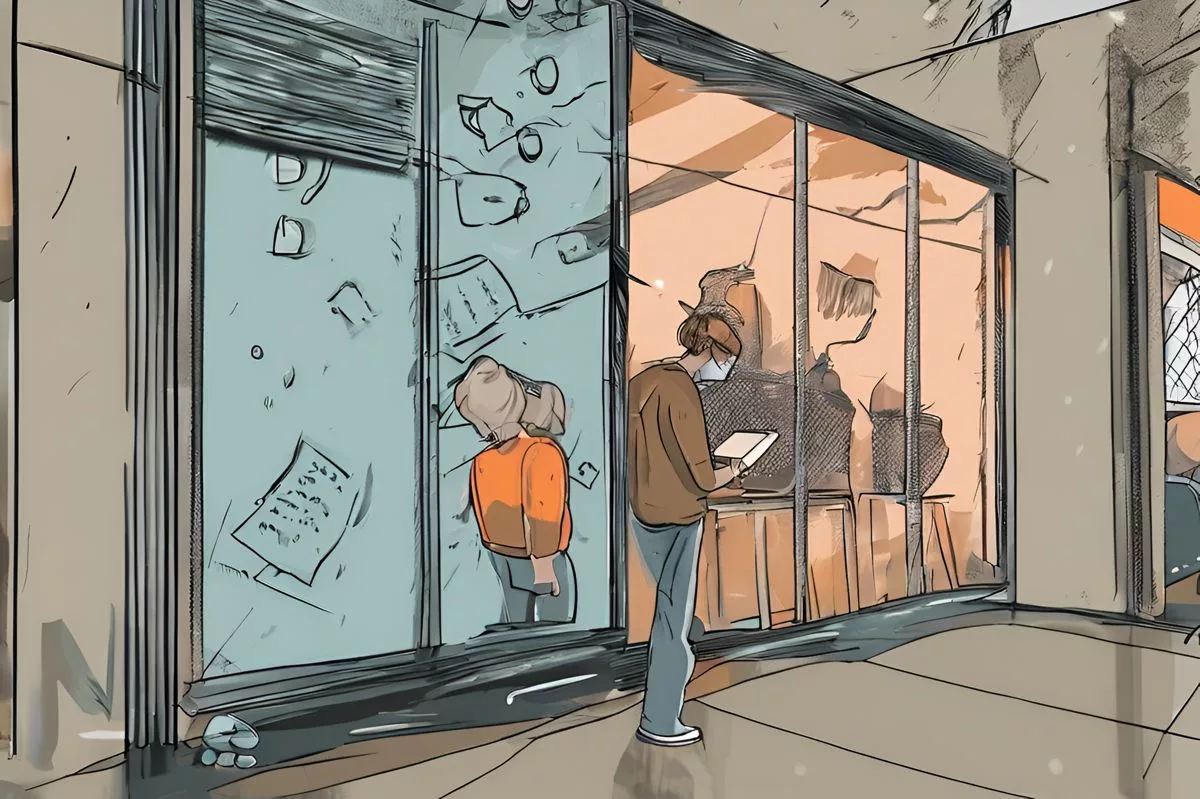Educational leaders and thinkers from around the world gather in Johannesburg for the 14th Policy Dialogue Forum of the International Task Force on Teachers for Education 2030. The forum serves as a symbol of hope for addressing the worldwide teacher shortage crisis, with attendees discussing ways to create practical solutions. The Deputy President of South Africa advocates for improving teacher pay and working conditions, fostering innovation and excellence, and achieving equitable teacher distribution. The goal is to ensure inclusive and quality education for all, as outlined in the Sustainable Development Goal 4.
The Global Conversation on Teacher Shortage: Johannesburg Convenes Thinkers. The 14th Policy Dialogue Forum of the International Task Force on Teachers for Education 2030 stands as a symbol of optimism for educational enhancement in a world grappling with an acute lack of educators. Prominent attendees include Mrs Angie Matsie Motshekga, Ms Stefania Giannini, Mr Mohammed Belhocine, Mr Mugwena Maluleka, and a host of representatives from several countries. The forum serves as a platform for highlighting issues and harnessing collaborative thinking to create practical solutions.
In the regal premises of Johannesburg, South Africa, a global assembly of intellects and thought leaders meets. Their mission is to discuss, contemplate, and devise strategies to tackle a critical global crisis: a drastic deficiency of skilled teachers. This congregation, known as the 14th Policy Dialogue Forum of the International Task Force on Teachers for Education 2030, stands as a symbol of optimism for educational enhancement in a world grappling with an acute lack of educators.
Prominent attendees include Mrs Angie Matsie Motshekga, the Basic Education Minister for the South African Republic, Ms Stefania Giannini, the UNESCO Assistant Director-General, Mr Mohammed Belhocine, the African Union Commissioner for Education, Science, Technology, and Innovation, Mr Mugwena Maluleka, the Vice President of Education International Africa Region, and a host of representatives from several countries, like Ghana and Ecuador.
The Deputy President of South Africa, Shipokosa Paulus Mashatile, eloquently kicks off the event, offering a heartwarming African-style welcome to the honored guests and delegates. He encourages them to appreciate the splendor of Gauteng, a province with a profound political legacy and abundant gold deposits.
Journey of the Forum and its Significance
The Deputy President traces the roots of this event back to its origins. The journey began in 2022 when the Basic Education Minister, Mrs. Angie Motshekga, was invited to join a high-ranking panel arranged by the UN Secretary-General. This panel, known as the High-Level Panel on the Teaching Profession (HLP), was created as a follow-up to the Transforming Education Summit held that year. Little did anyone forecast that South Africa would have the honor of hosting the 14th Policy Dialogue Forum two years later in 2024.
The forum’s theme, “Addressing global teacher shortages: dignifying, diversifying, and valorizing the profession,” has a universal appeal. It echoes through nations as they wrestle with the shortage of educators. This deficit poses a challenge not only to the standard of education but also to the larger objective of inclusive and equitable quality education for all, as outlined in the Sustainable Development Goal 4 (SDG4).
The Deputy President insists on the necessity of practical solutions. He pleads for the acknowledgment of teachers’ importance as they shape nations’ futures. Teachers do more than impart knowledge; they cultivate critical thinking, nurture aspirations, and push the bounds of human potential. Thus, enhancing their working conditions and pay is vital to prevent them from becoming disheartened in their noble endeavor.
Constructive Dialogues and Solutions
The forum serves not only as a platform to highlight issues but also as a crucible for harnessing collaborative thinking to create practical solutions. One tactic includes offering competitive pay and acknowledging teacher’s accomplishments. By fostering a culture of excellence and innovation, the profession can draw the interest of young, talented individuals.
However, the conversation doesn’t end here. The Deputy President emphasizes the importance of adapting to the digital era and ensuring that teachers are adept at using new technologies. He also stresses the need for teacher involvement in decision-making and creating opportunities for their professional advancement.
Another essential focus is achieving equitable teacher distribution, considering rural and urban disparities, socio-economic backgrounds, and gender disparities. For example, South Africa’s Fundza Lushaka Bursary Scheme helps distribute newly qualified teachers nationwide, particularly in areas struggling to attract qualified educators.
Concluding Remarks
The Deputy President wraps up his address by reaffirming South Africa’s commitment to prioritizing quality education and training for teachers. This promise aligns with the UNESCO program and the African Union Agenda 2063. The ultimate objective is to formulate an effective strategy that will help us inch closer to achieving the Sustainable Development Goal 4: ensuring inclusive and equitable quality education and promoting lifelong learning opportunities for all.
In summary, the 14th Policy Dialogue Forum of the International Task Force on Teachers for Education 2030 provides an encouraging platform for thoughtful dialogues, innovative solutions, and international collaboration. As the world confronts a teacher shortage crisis, the forum acts like a lighthouse, guiding us towards a world where every child can access quality education.
1. What is the 14th Policy Dialogue Forum of the International Task Force on Teachers for Education 2030?
The 14th Policy Dialogue Forum of the International Task Force on Teachers for Education 2030 is a global assembly of educators and thought leaders convened in Johannesburg, South Africa, to discuss and devise strategies to tackle the global teacher shortage crisis.
2. Who are the prominent attendees of the forum?
Prominent attendees include Mrs Angie Matsie Motshekga, Ms Stefania Giannini, Mr Mohammed Belhocine, Mr Mugwena Maluleka, and a host of representatives from several countries, like Ghana and Ecuador.
3. What is the forum’s theme?
The forum’s theme is “Addressing global teacher shortages: dignifying, diversifying, and valorizing the profession.” The theme has a universal appeal, echoing through nations as they grapple with the shortage of educators.
4. What are the practical solutions discussed in the forum to address the global teacher shortage?
Practical solutions discussed in the forum include offering competitive pay, fostering a culture of excellence and innovation, ensuring that teachers are adept at using new technologies, involving teachers in decision-making, creating opportunities for their professional advancement, and achieving equitable teacher distribution.
5. What is the Deputy President of South Africa’s stance on the teacher shortage crisis?
The Deputy President of South Africa advocates for improving teacher pay and working conditions, fostering innovation and excellence, achieving equitable teacher distribution, and acknowledging teachers’ importance in shaping nations’ futures. He emphasizes the importance of adapting to the digital era and ensuring that teachers are adept at using new technologies.
6. What is the ultimate objective of the forum?
The ultimate objective of the forum is to formulate an effective strategy that will help us inch closer to achieving the Sustainable Development Goal 4: ensuring inclusive and equitable quality education and promoting lifelong learning opportunities for all.












